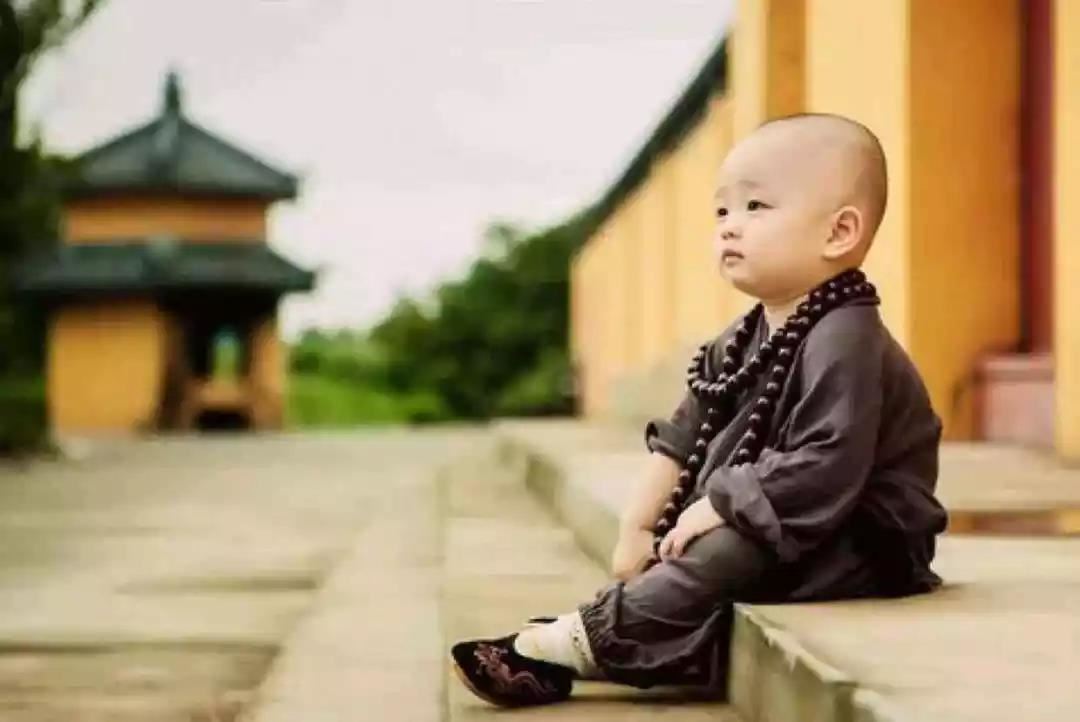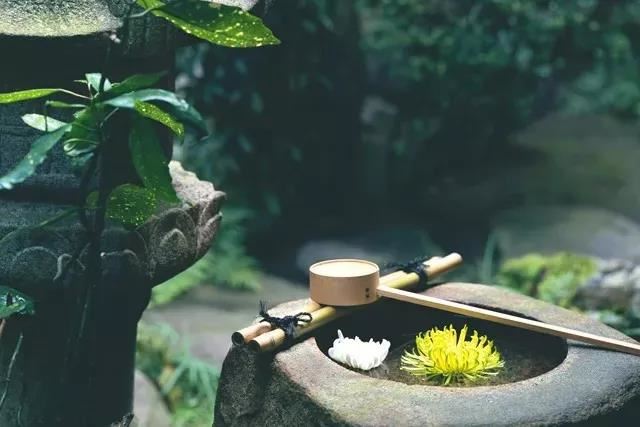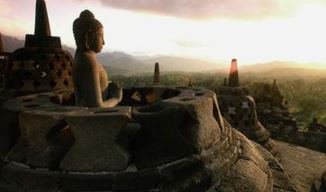
Other articles
2021-05-22 Buddhist story: The story of Theravada Sutra: The story of Venerable Perdanegdisa
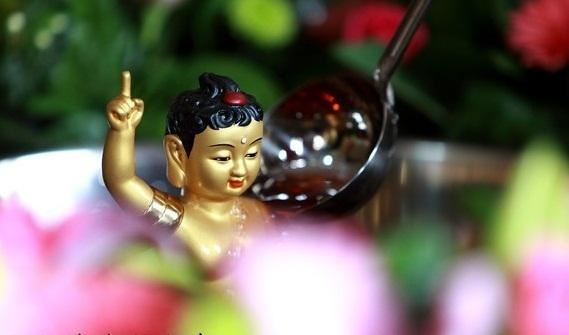
How to pronounce Kashyapa
Master Hengqiang, a Han Dynasty figure: The compassion of Venerable Mahakasyapa, the head-to-do practice that benefits others, the head-to-do practice that benefits others, the head-to-do practice that benefits others
Pharmacist Sutra
Master Hengqiang: Speaking of Buddha statue
The Twenty-Two Patriarchs, Venerable Mahara
The Twenty-Sixth Patriarch is not as good as the Venerable Mido
The sadness of the monk
Leave a comment
2024-02-04 21:55
Related Readings
 Buddhist stories: Collection of stories about the hundred karma: 16. Naked Kayah
Buddhist stories: Collection of stories about the hundred karma: 16. Naked Kayah
 Despite this, some people still blame Tauda for being inclined to be self-interested, and denounced Mahakasyapa as a Hinayana practitioner, which is due to the Buddha's original intention of saving sentient beings.The basis for this kind of accusation is that the Buddha once persuaded Mahakasyapa to abandon the practice of Takashi, such as the 5th Sutra of "Agama Sutra of the One Agama Sutra" and the 1141th Sutra of "Miscellaneous Agama Sutra".But if we carefully analyze the original text of the scriptures, we will find that the Buddha's original intention is by no means negating the practice of the head.As stated in the scriptures:
Despite this, some people still blame Tauda for being inclined to be self-interested, and denounced Mahakasyapa as a Hinayana practitioner, which is due to the Buddha's original intention of saving sentient beings.The basis for this kind of accusation is that the Buddha once persuaded Mahakasyapa to abandon the practice of Takashi, such as the 5th Sutra of "Agama Sutra of the One Agama Sutra" and the 1141th Sutra of "Miscellaneous Agama Sutra".But if we carefully analyze the original text of the scriptures, we will find that the Buddha's original intention is by no means negating the practice of the head.As stated in the scriptures:
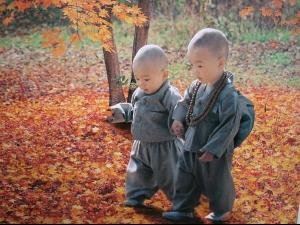 Buddhist story: The story of Theravada Sutra: The story of Venerable Seal Buga
Buddhist story: The story of Theravada Sutra: The story of Venerable Seal Buga
 Buddhist story: Biography of Guanyin Bodhisattva: Chapter 7: Kashyapa Kashyapa was sick after searching for lotus and rising the forest national treasure
Buddhist story: Biography of Guanyin Bodhisattva: Chapter 7: Kashyapa Kashyapa was sick after searching for lotus and rising the forest national treasure
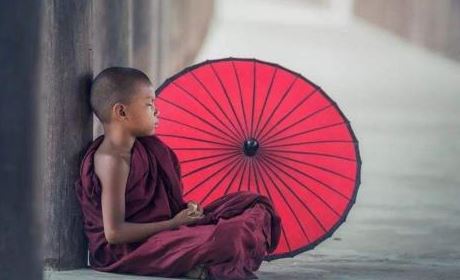 Buddhist story: The story of Theravada Sutra: The story of the Eye-protecting Venerable ~ When the Venerable asked the Buddha once, "What kind of dharma they should live in", "What kind of dharma they practice" and "What difference is the person who practices the Dharma", the Buddha said, "The four holy seeds are dwelling", "The twelve heads are called the place of practice", and "There are differences in all the defilements".
Buddhist story: The story of Theravada Sutra: The story of the Eye-protecting Venerable ~ When the Venerable asked the Buddha once, "What kind of dharma they should live in", "What kind of dharma they practice" and "What difference is the person who practices the Dharma", the Buddha said, "The four holy seeds are dwelling", "The twelve heads are called the place of practice", and "There are differences in all the defilements".
 Buddhist disciples’ insights: How can we save our relatives and ourselves
Buddhist disciples’ insights: How can we save our relatives and ourselves
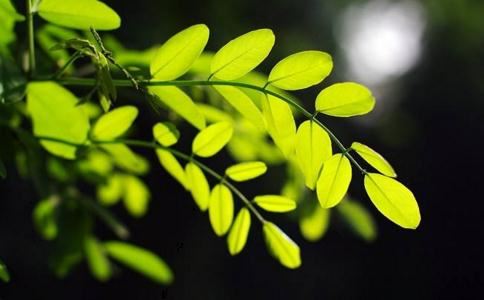 1. The practice of self-interesting and altruistic
1. The practice of self-interesting and altruistic
 Buddhist Learning Network (two ):two
Buddhist Learning Network (two ):two
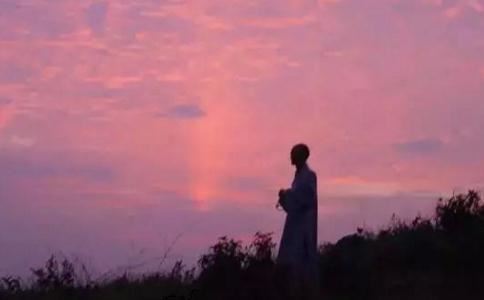 However, in this sutra, Mahakasyapa talks about the two benefits of Tauda’s practice: one is that those who practice it in person will be able to achieve happiness in the present Dharma, and the other is to create great wisdom for future sentient beings and show their right path.This second benefit is more clearly stated in another verse:
However, in this sutra, Mahakasyapa talks about the two benefits of Tauda’s practice: one is that those who practice it in person will be able to achieve happiness in the present Dharma, and the other is to create great wisdom for future sentient beings and show their right path.This second benefit is more clearly stated in another verse:
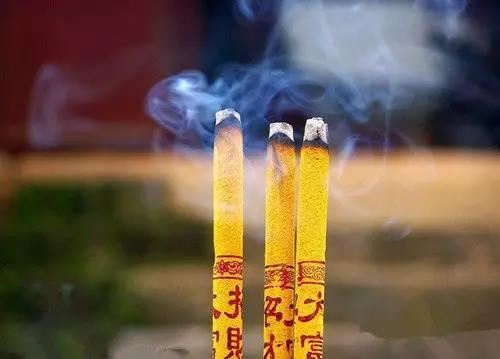 59 The theme of this website is mainly to promote Chinese Chinese culture. The content is for reference only. Learning and communication does not represent the concept of this website. If your rights are inadvertently infringed, please write to inform us. This website will be blocked immediately or modified or deleted as required. Contact the email address.
59 The theme of this website is mainly to promote Chinese Chinese culture. The content is for reference only. Learning and communication does not represent the concept of this website. If your rights are inadvertently infringed, please write to inform us. This website will be blocked immediately or modified or deleted as required. Contact the email address.
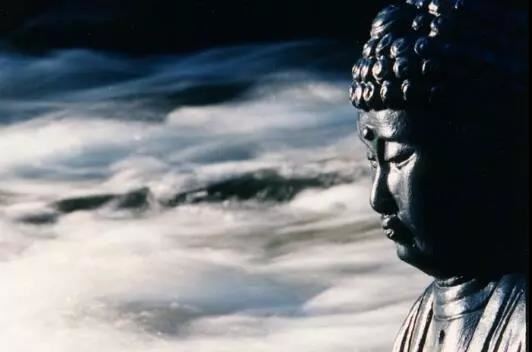 Zen Master Ajah Chan Cha: Venerable Ajah Chan Cha answered: How to overcome anger?How to deal with it when it arises?
Zen Master Ajah Chan Cha: Venerable Ajah Chan Cha answered: How to overcome anger?How to deal with it when it arises?
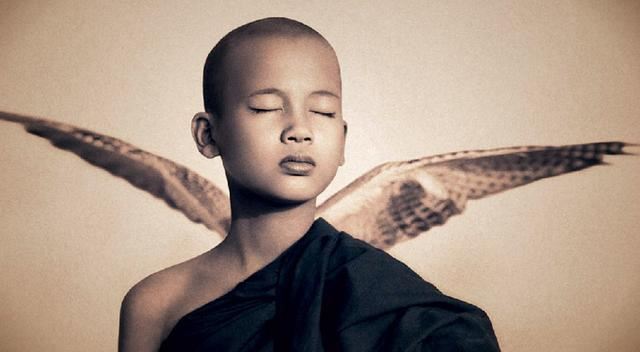 Venerable Dexiong: A look at the first section of the first chapter of the practice of entering and leaving the breath and practicing breath 1-2 Relaxation and nature
Venerable Dexiong: A look at the first section of the first chapter of the practice of entering and leaving the breath and practicing breath 1-2 Relaxation and nature
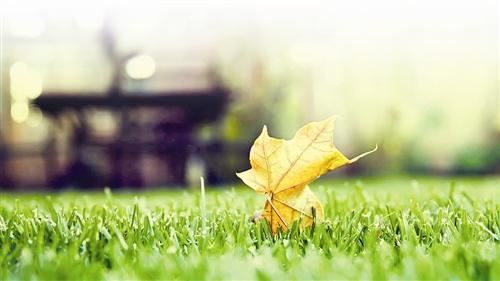 Venerable Daocheng: Meditation guides how to overcome drowsiness and sleep
Venerable Daocheng: Meditation guides how to overcome drowsiness and sleep
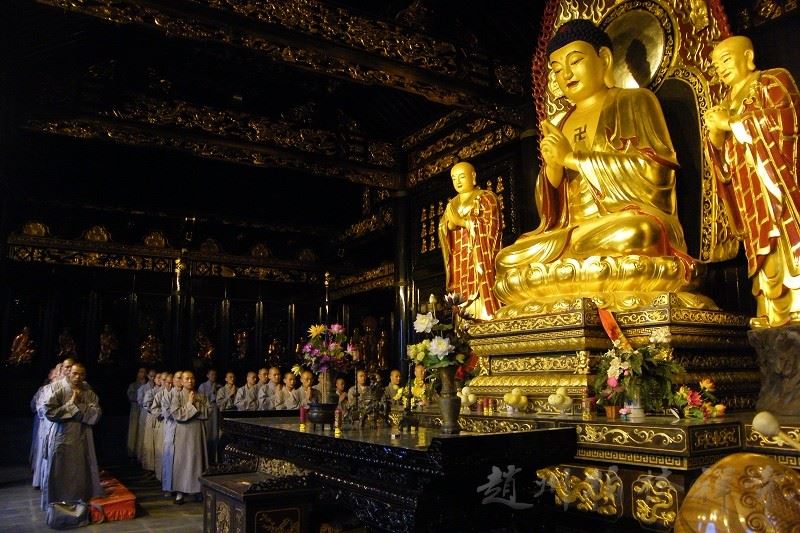 Zen Master Ajah Chan Cha: Venerable Ajah Chan Cha answered: How to understand karma and troubles?
Zen Master Ajah Chan Cha: Venerable Ajah Chan Cha answered: How to understand karma and troubles?
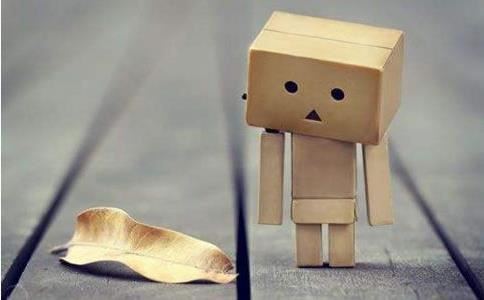 Introduction to the Fourth Generation of King Ciren Gyatso by Lu Dongzan
Introduction to the Fourth Generation of King Ciren Gyatso by Lu Dongzan
 Zen Master Ajah Chan Cha: Venerable Ajah Chan Cha replied: It is important to put all the food in a bowl and eat it. Why didn’t you do it as you do?It is important to lead by example
Zen Master Ajah Chan Cha: Venerable Ajah Chan Cha replied: It is important to put all the food in a bowl and eat it. Why didn’t you do it as you do?It is important to lead by example
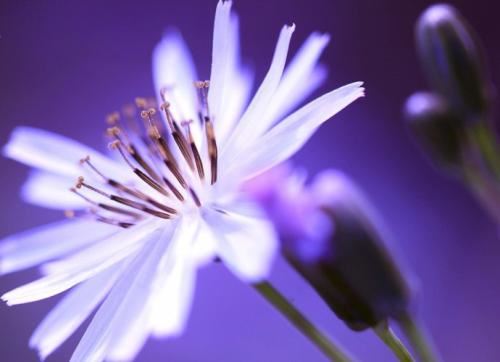 Buddhist Story: Arhat Cuisine: Buddha saves the Three Kashya
Buddhist Story: Arhat Cuisine: Buddha saves the Three Kashya
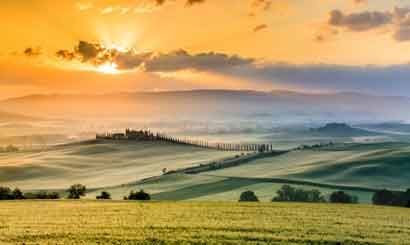 The Ten Great Disciples of the Buddha - Venerable Upali - The First Precepts
The Ten Great Disciples of the Buddha - Venerable Upali - The First Precepts
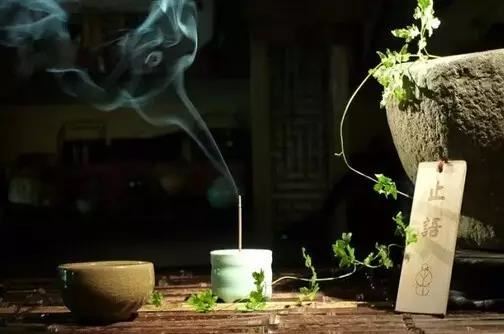 Venerable Dexiong: A moderate diligence in the third section of the third basic trilogy of 3-2
Venerable Dexiong: A moderate diligence in the third section of the third basic trilogy of 3-2
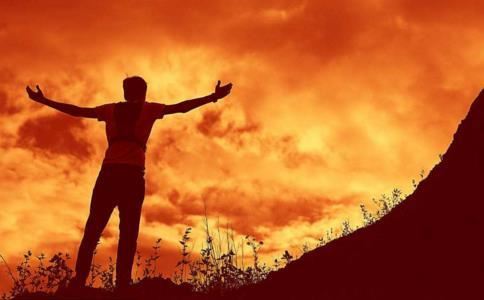 Buddhist characters: The Master of Fool
Buddhist characters: The Master of Fool
 Venerable Longchenba: Six methods of blessing with the master to verify the appearance
Venerable Longchenba: Six methods of blessing with the master to verify the appearance
 The Ten Great Disciples of the Buddha - Venerable Subhuti - the First Living the Kung Fu
The Ten Great Disciples of the Buddha - Venerable Subhuti - the First Living the Kung Fu
 Do you want to sweep the feces and beg for food? Praise the method of sweep the feces and beg for food? "Kahyapa said to the Buddha: "World-Honored One, I have observed two meanings: the present Dharma is to achieve happiness and abide, and then create a great bright future for the sentient beings.In the future, sentient beings should recite this: "In the past, the six supernatural powers, and after becoming a monk, they have been proficient in the Brahma practice, which is praised by the World Honored One, and serves those who are wise and wise.He studied A Lianruo for the long night and praised A Lianruo.
Do you want to sweep the feces and beg for food? Praise the method of sweep the feces and beg for food? "Kahyapa said to the Buddha: "World-Honored One, I have observed two meanings: the present Dharma is to achieve happiness and abide, and then create a great bright future for the sentient beings.In the future, sentient beings should recite this: "In the past, the six supernatural powers, and after becoming a monk, they have been proficient in the Brahma practice, which is praised by the World Honored One, and serves those who are wise and wise.He studied A Lianruo for the long night and praised A Lianruo.
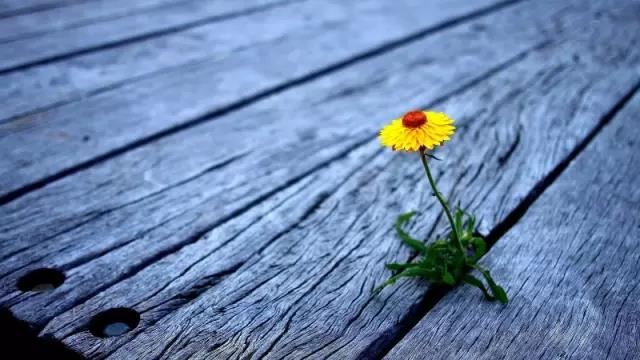 Related Readings _connect _vegetarian diet _self
Related Readings _connect _vegetarian diet _self
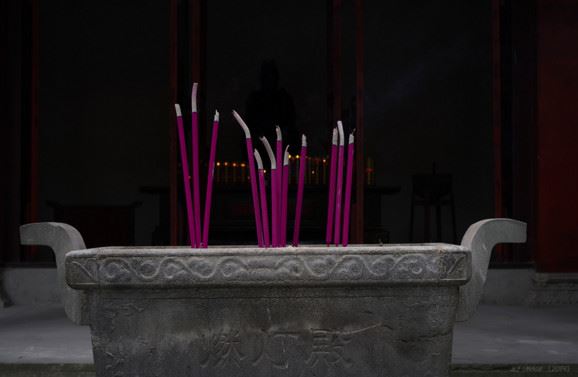 Buddhist story: Timeless story: Compassion is thoroughly penetrated into the bone marrow - the story of the Buddha cutting flesh and feeding eagles
Buddhist story: Timeless story: Compassion is thoroughly penetrated into the bone marrow - the story of the Buddha cutting flesh and feeding eagles
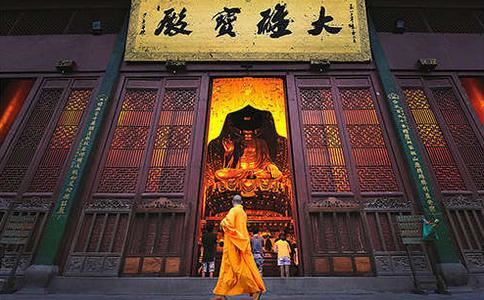 Venerable Mahakasyapa replied: Do people have a next life?
Venerable Mahakasyapa replied: Do people have a next life?
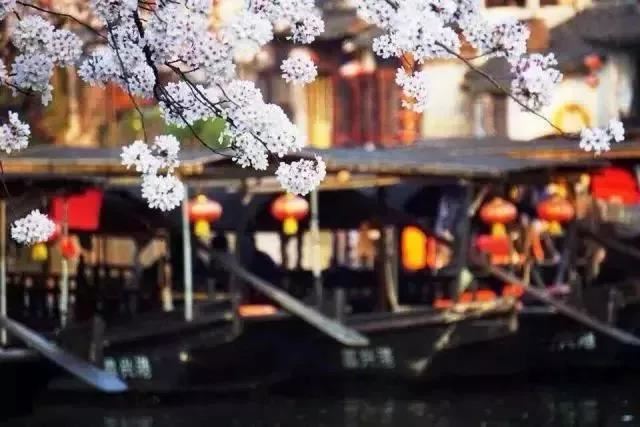 The story of the reincarnation of Dangqudemba's master
The story of the reincarnation of Dangqudemba's master
 Complete Works of Master Haitao’s Story: 21. The Story of Kashyapa
Complete Works of Master Haitao’s Story: 21. The Story of Kashyapa
 The World Honored One said, "Good! Good! Kashyapa is very beneficial to others, and he is a good friend and a blessing for the people of the world.Kashyapa should know that after my Nirvana for more than a thousand years, there will be monks who will retreat from Zen and no longer practice the method of "Taota". There will be no begging for food or taking supplementary clothes, and those who are greedy for elders will ask for food and clothing. They will not live under the trees and like to dress up houses. They will not use urination and defecation as medicine, but they will only use the remaining herbs and extremely sweet. They may be greedy for money and goods, stingy with the houses, and always fight and fight together.At that time, the donor Tan Yue believed in Buddhism, was very happy to give gifts, and did not hesitate to money or property.At that time, after the donor Tan Yue died, he was born in heaven.Those who are lazy will die and go to hell.In this way, Kashyapa! All actions are impermanent and cannot be maintained for a long time.Kashyapa should also know that in the future, there will be monks who will shave their hair and learn family business, hold the man on the left and the woman on the right, and hold the zither and flute in the streets and alleys to beg for food.”
The World Honored One said, "Good! Good! Kashyapa is very beneficial to others, and he is a good friend and a blessing for the people of the world.Kashyapa should know that after my Nirvana for more than a thousand years, there will be monks who will retreat from Zen and no longer practice the method of "Taota". There will be no begging for food or taking supplementary clothes, and those who are greedy for elders will ask for food and clothing. They will not live under the trees and like to dress up houses. They will not use urination and defecation as medicine, but they will only use the remaining herbs and extremely sweet. They may be greedy for money and goods, stingy with the houses, and always fight and fight together.At that time, the donor Tan Yue believed in Buddhism, was very happy to give gifts, and did not hesitate to money or property.At that time, after the donor Tan Yue died, he was born in heaven.Those who are lazy will die and go to hell.In this way, Kashyapa! All actions are impermanent and cannot be maintained for a long time.Kashyapa should also know that in the future, there will be monks who will shave their hair and learn family business, hold the man on the left and the woman on the right, and hold the zither and flute in the streets and alleys to beg for food.”
 Complete collection of Buddhist scriptures
Complete collection of Buddhist scriptures
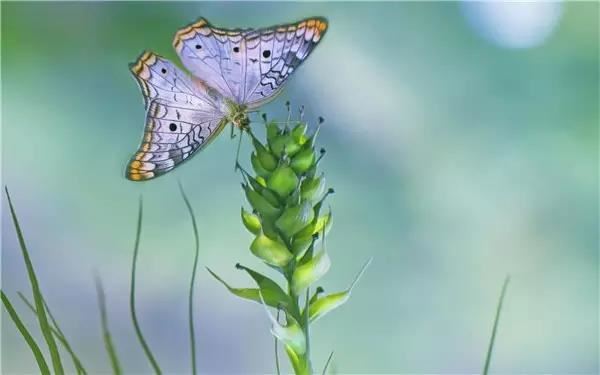 Mahakasyapa was so far-reaching for all living beings. No wonder the Buddha praised Mahakasyapa seriously in this sutra, and was also the same in the Sutra 1141 of the "Miscellaneous Agama Sutra".Regarding the profound and close relationship between the practice of Touta and Buddhism, the Buddha even said in the sutra that "In the past, all the Buddhas Touta monks had the Dharma, and if the Dharma existed, the Dharma existed, and if the Dharma did not exist, the Dharma disappeared."
Mahakasyapa was so far-reaching for all living beings. No wonder the Buddha praised Mahakasyapa seriously in this sutra, and was also the same in the Sutra 1141 of the "Miscellaneous Agama Sutra".Regarding the profound and close relationship between the practice of Touta and Buddhism, the Buddha even said in the sutra that "In the past, all the Buddhas Touta monks had the Dharma, and if the Dharma existed, the Dharma existed, and if the Dharma did not exist, the Dharma disappeared."
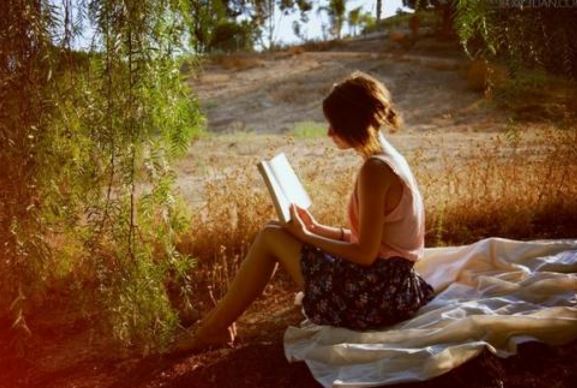 Master Xuanhua: Do we understand the key to Buddhism?
Master Xuanhua: Do we understand the key to Buddhism?
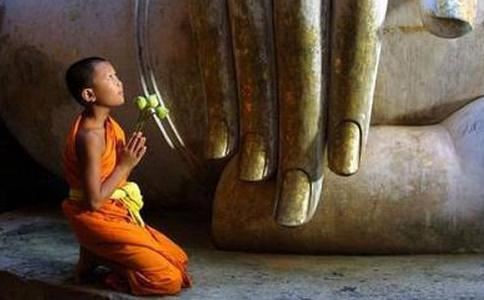 The Ten Great Disciples of the Buddha - Venerable Fulunna - The First Preaching
The Ten Great Disciples of the Buddha - Venerable Fulunna - The First Preaching
 How do Bodhisattvas cultivate compassion?
How do Bodhisattvas cultivate compassion?
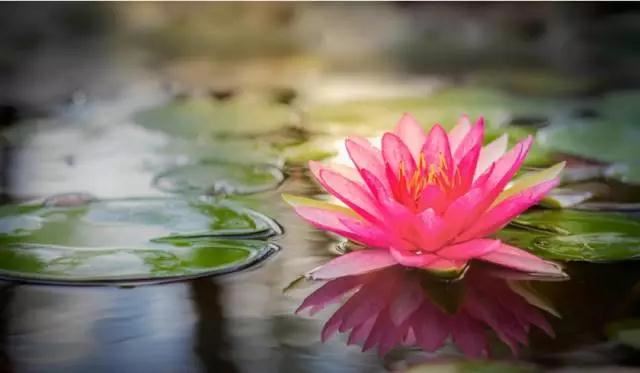 Buddhist Story: Arhat dish: Kashyapa
Buddhist Story: Arhat dish: Kashyapa
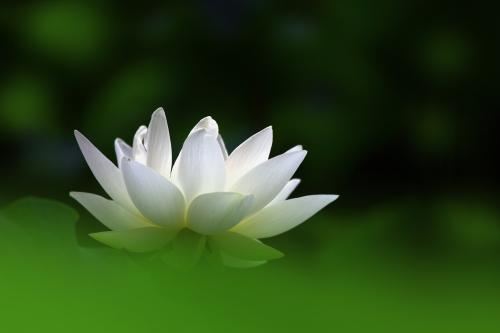 Like a9 After many kalpas of practice, the Buddha achieved supreme enlightenment in his last body, thus benefiting sentient beings and saving sentient beings.After Buddhism appeared in the world, the biggest and most important thing in Buddhism is to make the Dharma last for a long time.However, "everything is impermanent and cannot be maintained for a long time." After the Buddha's Nirvana, monks practiced illegal things widely, as the sutra says:
Like a9 After many kalpas of practice, the Buddha achieved supreme enlightenment in his last body, thus benefiting sentient beings and saving sentient beings.After Buddhism appeared in the world, the biggest and most important thing in Buddhism is to make the Dharma last for a long time.However, "everything is impermanent and cannot be maintained for a long time." After the Buddha's Nirvana, monks practiced illegal things widely, as the sutra says:
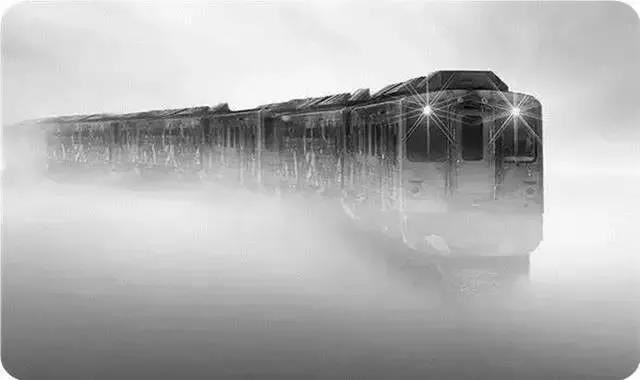 Because there was a Buddha at that time, those who had good roots believed in the Buddha's teachings and could follow the Buddha's teachings and follow the right path.Mahakasyapa turned his attention to the future life. In the future, monks will be greedy for profit and do not diligent in practicing, and their believers will decrease, and they will not be respectful and trustworthy, and their Buddhist temples will be destroyed, and their sutras will be withered. All sentient beings will live in the short life and will be born in the evil realms.If any sentient being can remember that the Buddha had a disciple who had diligently practiced asceticism in Touta and practiced for a long night, the good deeds would increase, and "all benefited and happy at a long night."This shows Mahakasyapa's compassion, and he sets an example for the benefit of sentient beings in the future. -live streaming
Because there was a Buddha at that time, those who had good roots believed in the Buddha's teachings and could follow the Buddha's teachings and follow the right path.Mahakasyapa turned his attention to the future life. In the future, monks will be greedy for profit and do not diligent in practicing, and their believers will decrease, and they will not be respectful and trustworthy, and their Buddhist temples will be destroyed, and their sutras will be withered. All sentient beings will live in the short life and will be born in the evil realms.If any sentient being can remember that the Buddha had a disciple who had diligently practiced asceticism in Touta and practiced for a long night, the good deeds would increase, and "all benefited and happy at a long night."This shows Mahakasyapa's compassion, and he sets an example for the benefit of sentient beings in the future. -live streaming
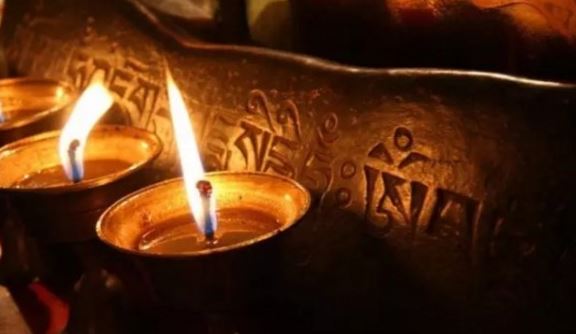 The Buddha praised the practice of the Touta in the Buddhist scriptures, either said there are eleven Dharmas or twelve Dharmas.The characteristics of this practice are to be content with few desires and diligent in practicing Taoism. The clothes and bedding are all three clothes, wearing feces, sweeping clothes, and applying them as you can. If you eat, beg for food, sit for food, eat for a while, and eat without anger. If you live, you will beg for food, and if you live in the place of Ah Liu and the tomb, you will be in the place of Ah Liu and the tomb.
The Buddha praised the practice of the Touta in the Buddhist scriptures, either said there are eleven Dharmas or twelve Dharmas.The characteristics of this practice are to be content with few desires and diligent in practicing Taoism. The clothes and bedding are all three clothes, wearing feces, sweeping clothes, and applying them as you can. If you eat, beg for food, sit for food, eat for a while, and eat without anger. If you live, you will beg for food, and if you live in the place of Ah Liu and the tomb, you will be in the place of Ah Liu and the tomb.
 The Seventh Grandmaster Husbands
The Seventh Grandmaster Husbands
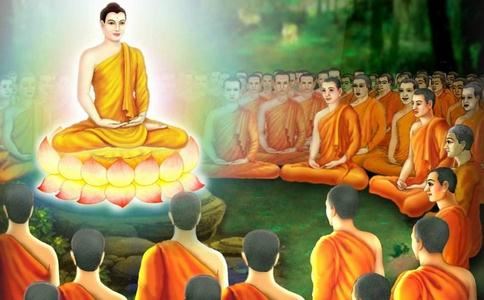 Master Xuanhua: The Sixteenth Patriarch Rahulada
Master Xuanhua: The Sixteenth Patriarch Rahulada
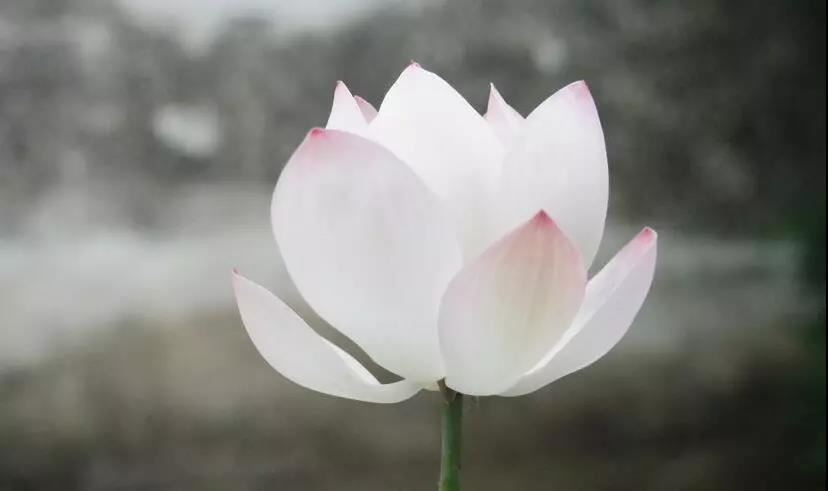 The Sixteenth Patriarch Rahulada
The Sixteenth Patriarch Rahulada
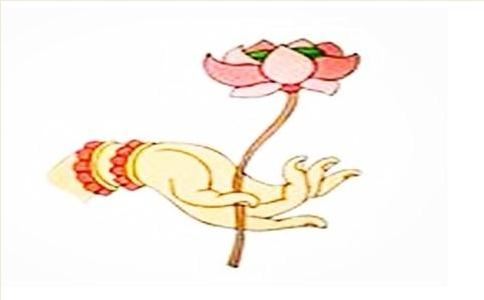 The teachings of the venerable Youbo Bianduo
The teachings of the venerable Youbo Bianduo
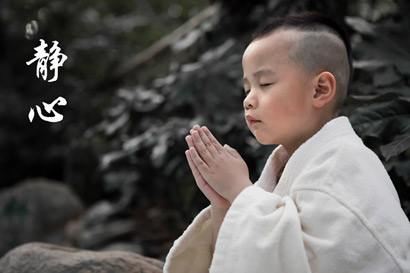 And Venerable Mahakasyapa was the backbone of the practice of Todaka at that time.Perhaps he had become a monk and practiced in a monk before the Buddha. Since he first saw the Buddha, he was embraced by the Buddha's appearance, the silence of all the senses and the infinite merits he revealed. Therefore, he converted to Buddha and became a Buddhist disciple and quickly attained an Arhat.
And Venerable Mahakasyapa was the backbone of the practice of Todaka at that time.Perhaps he had become a monk and practiced in a monk before the Buddha. Since he first saw the Buddha, he was embraced by the Buddha's appearance, the silence of all the senses and the infinite merits he revealed. Therefore, he converted to Buddha and became a Buddhist disciple and quickly attained an Arhat.
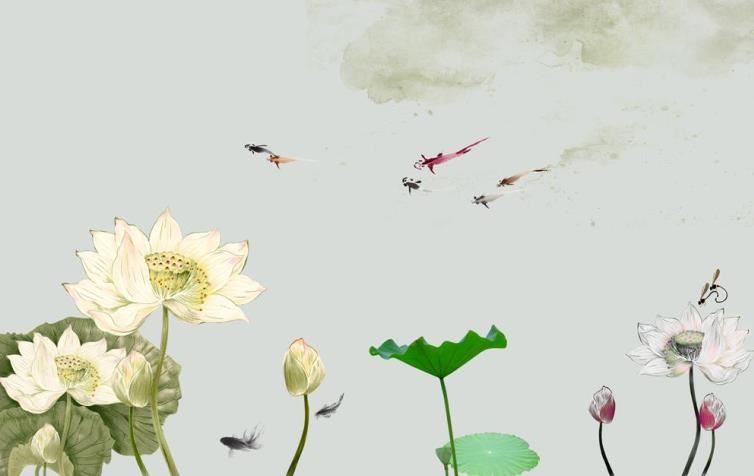 Master Daozheng: We can hear the Buddha's name we recite clearly, and then we can call the Buddha.
Master Daozheng: We can hear the Buddha's name we recite clearly, and then we can call the Buddha.
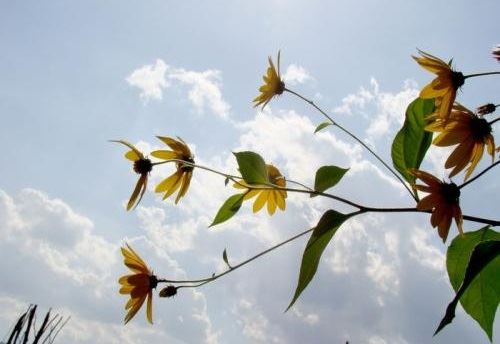 Sincerely praise, the fragrance remains on your hands.
Sincerely praise, the fragrance remains on your hands.
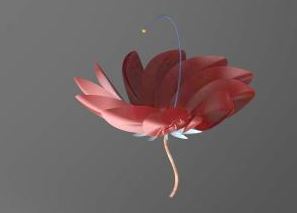 The Cause and Retribution of Venerable Udoyi
The Cause and Retribution of Venerable Udoyi
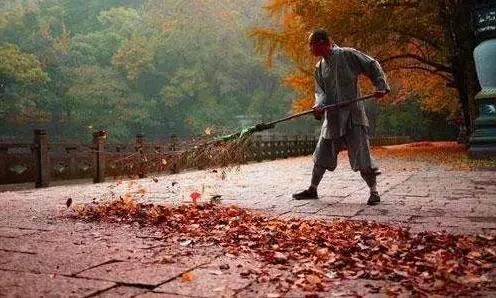 Where did these people’s compassion for the abbot of the Dharma go?
Where did these people’s compassion for the abbot of the Dharma go?
 Buddhist story: The story of the Theravada Sutra: The story of the Venerable Zhou Li Pantuoga
Buddhist story: The story of the Theravada Sutra: The story of the Venerable Zhou Li Pantuoga
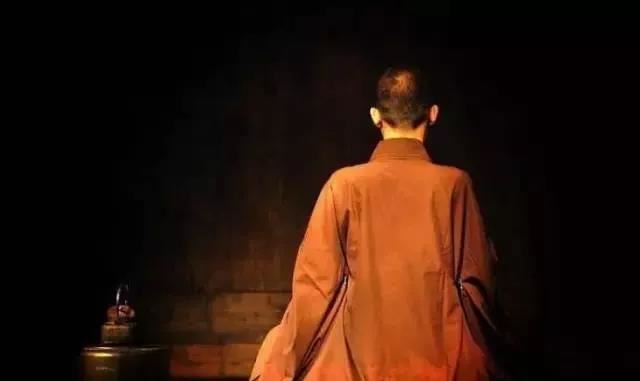 Master Xuanhua: The Eighteenth Patriarch Gayashedo
Master Xuanhua: The Eighteenth Patriarch Gayashedo
 We know that Mahakasyapa was one of the early disciples of the Buddha and died after the Buddha. The time Mahakasyapa followed the Buddha was beyond the reach of ordinary people.When the Buddha persuaded him to give up the practice of Toddha, as the sutra says, Mahakasyapa was already old and weak, and was not as strong as when he was young.It was out of deep care that the Buddha advised him to stay in the crowd and receive offerings to others, which would be beneficial to the body. How could this deny the practice of the tarva?
We know that Mahakasyapa was one of the early disciples of the Buddha and died after the Buddha. The time Mahakasyapa followed the Buddha was beyond the reach of ordinary people.When the Buddha persuaded him to give up the practice of Toddha, as the sutra says, Mahakasyapa was already old and weak, and was not as strong as when he was young.It was out of deep care that the Buddha advised him to stay in the crowd and receive offerings to others, which would be beneficial to the body. How could this deny the practice of the tarva?
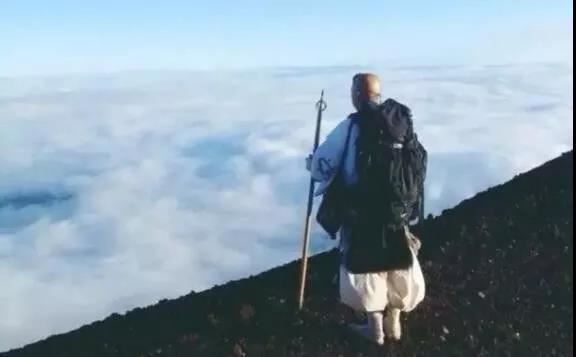 From this we can see that the practice of the Taudha is not the first or special practice of Mahakasyapa, but the same teachings as the Eightfold Paths were taught by the Buddha.Although the Buddha did not set precepts and required all monks to practice the tartar practice, he still taught the tartar practice too much, praised and persuaded his disciples to practice the tartar practice.As stated in the scriptures:
From this we can see that the practice of the Taudha is not the first or special practice of Mahakasyapa, but the same teachings as the Eightfold Paths were taught by the Buddha.Although the Buddha did not set precepts and required all monks to practice the tartar practice, he still taught the tartar practice too much, praised and persuaded his disciples to practice the tartar practice.As stated in the scriptures:
![[habit ]Keywords: Ksitigarbha Sutra](https://img.sushijiameng.com/pic/images/img/1_2022050122003975b53.jpeg) [habit ]Keywords: Ksitigarbha Sutra
[habit ]Keywords: Ksitigarbha Sutra
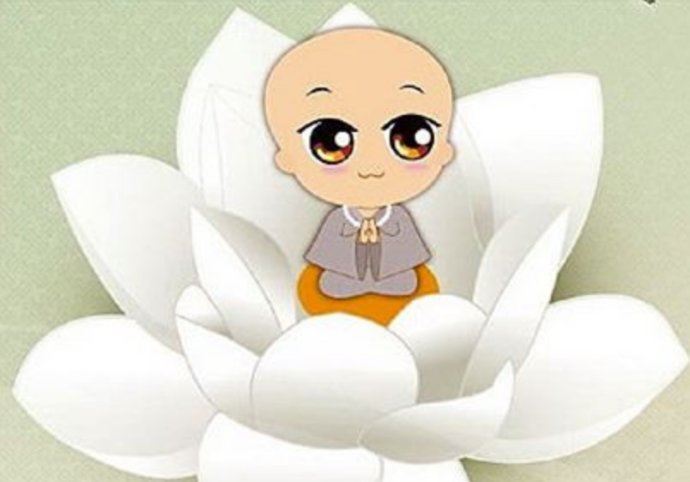 The Mahakasyapa practices and sometimes ignores his hair and beard for a long time, and wears a torn garment. This image of unkempt and ragged face often causes criticism and ridicule from some six groups of monks and nuns.The Buddha taught them to respect Mahakasyapa and praise Alanruo's Dharma. When young monks saw Alanruo's monks, they should "go out to welcome him, respect, worship, and ask questions", and even live together, "those who are respectful in this way will be blessed and benefited for a long night."
The Mahakasyapa practices and sometimes ignores his hair and beard for a long time, and wears a torn garment. This image of unkempt and ragged face often causes criticism and ridicule from some six groups of monks and nuns.The Buddha taught them to respect Mahakasyapa and praise Alanruo's Dharma. When young monks saw Alanruo's monks, they should "go out to welcome him, respect, worship, and ask questions", and even live together, "those who are respectful in this way will be blessed and benefited for a long night."
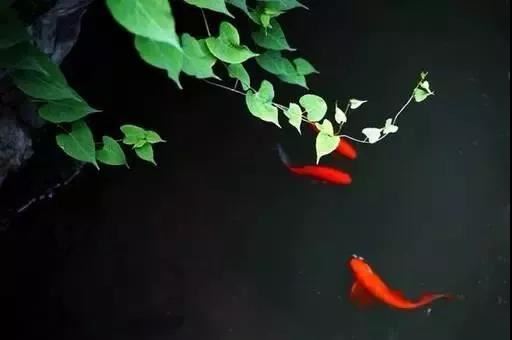 Buddhist story: Fahai Suozhen: Kashyapa's fate (delivered to the Dharmazang's cause and condition)
Buddhist story: Fahai Suozhen: Kashyapa's fate (delivered to the Dharmazang's cause and condition)
Complete collection of Buddhist scriptures
Share on WeChat
Scan the QR code to share on WeChat or Moments



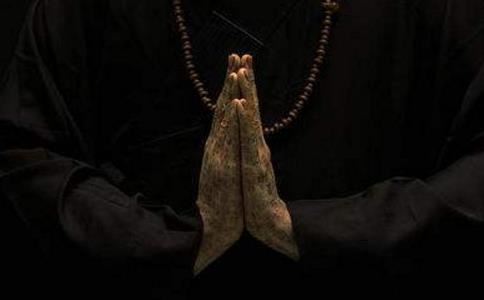
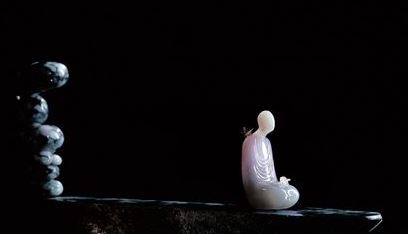

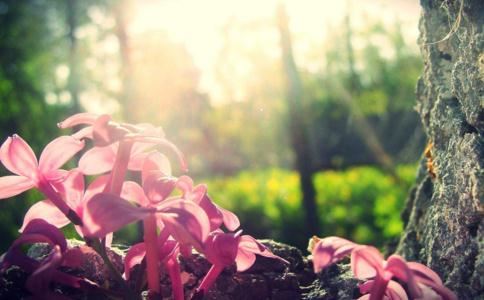
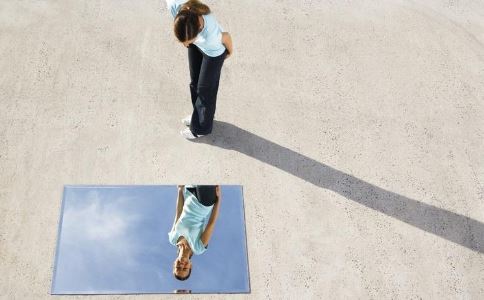
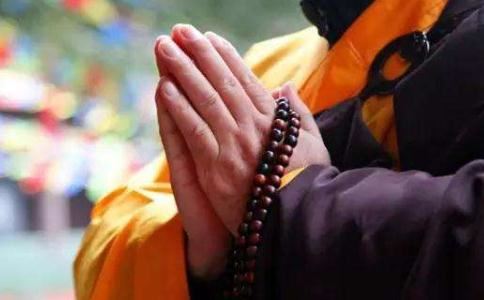

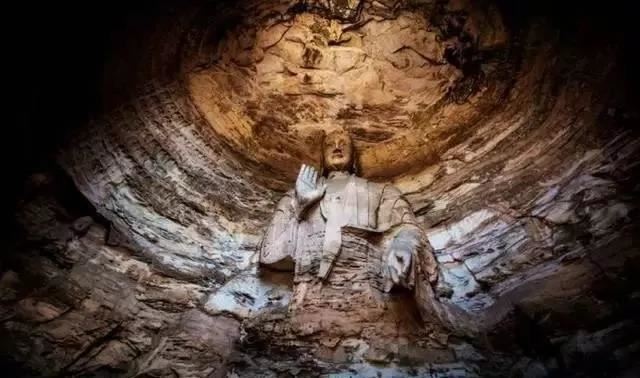
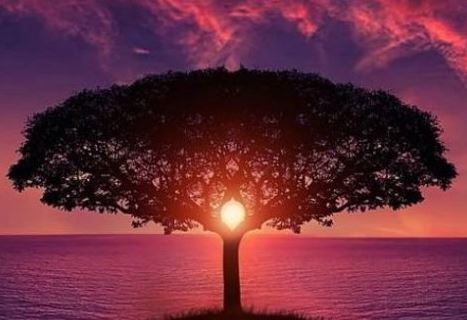
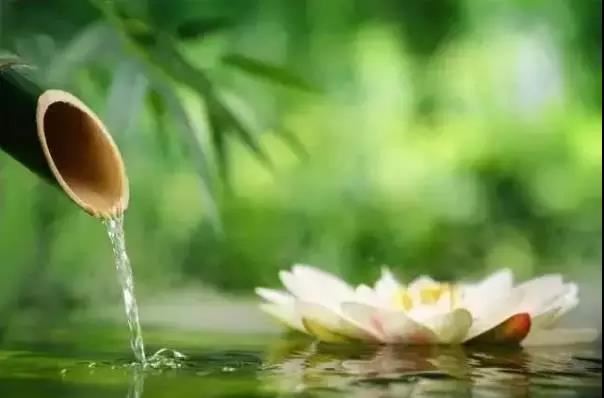

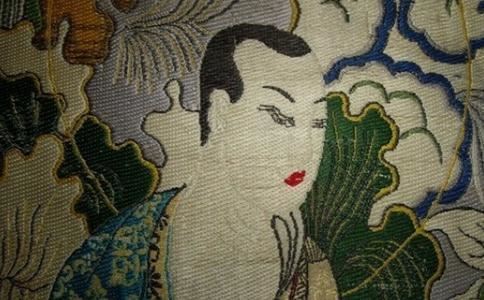



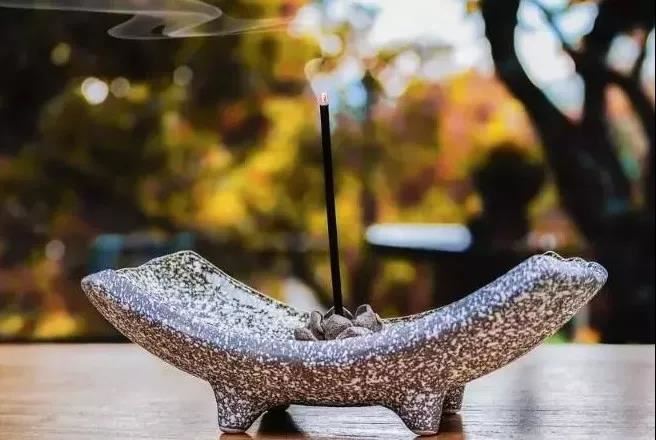
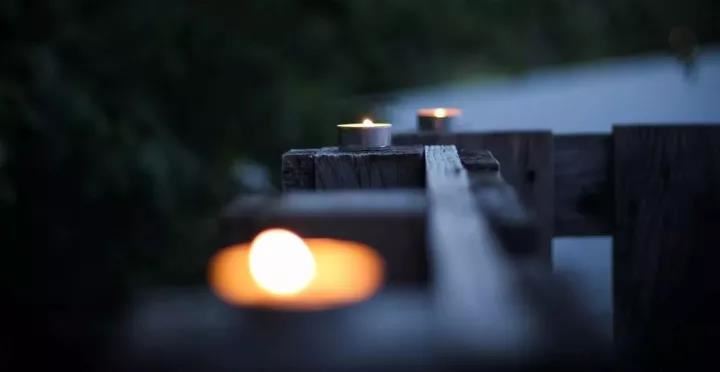
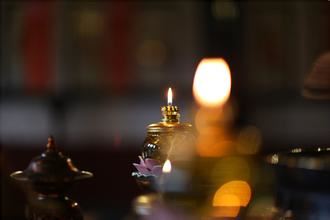
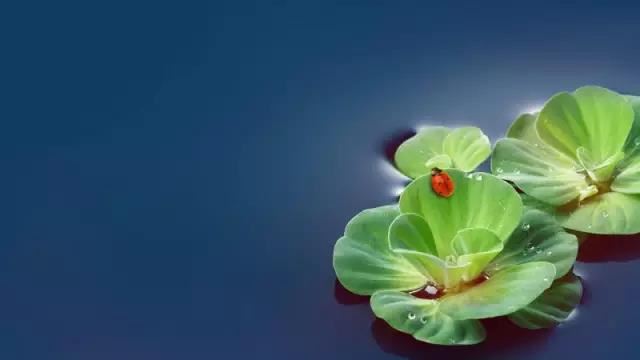


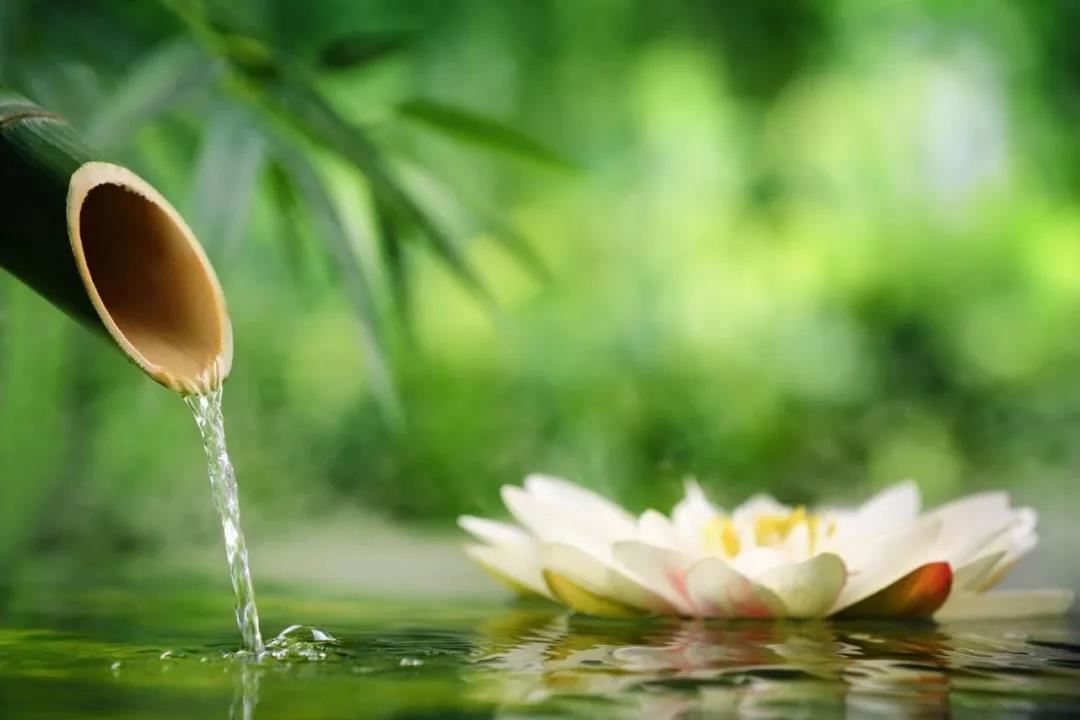
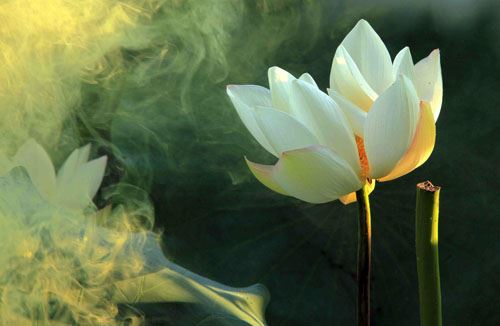
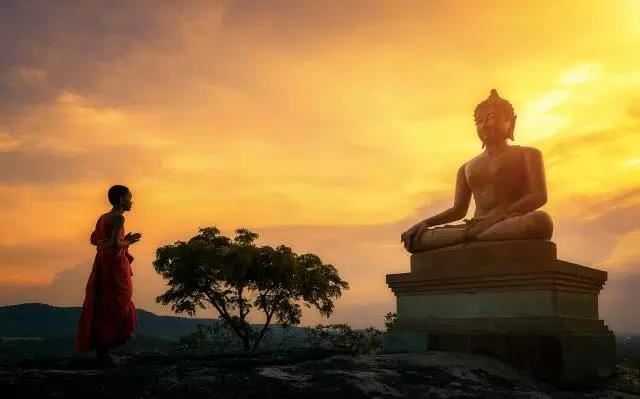


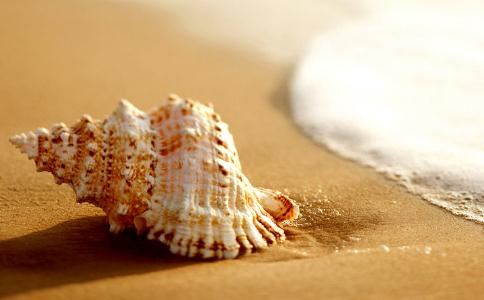

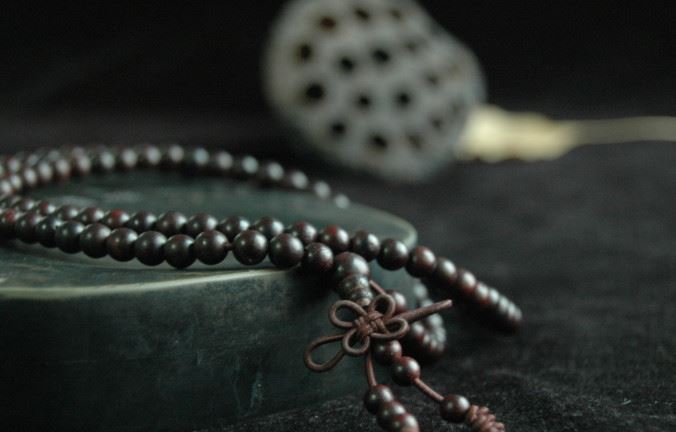
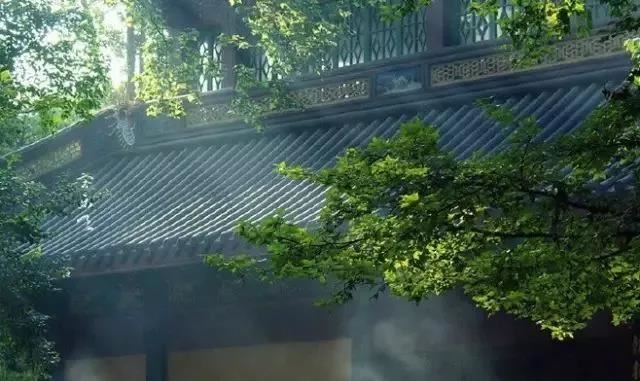
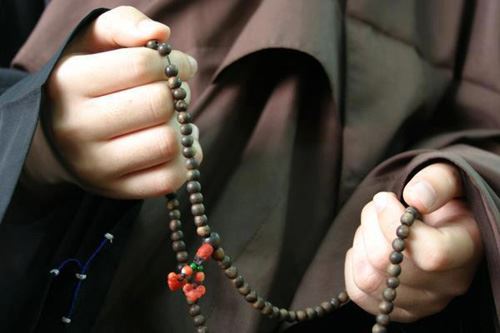
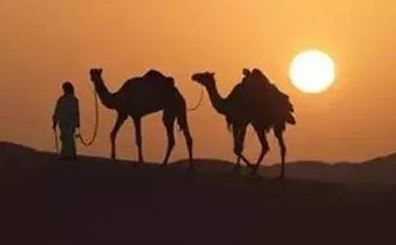
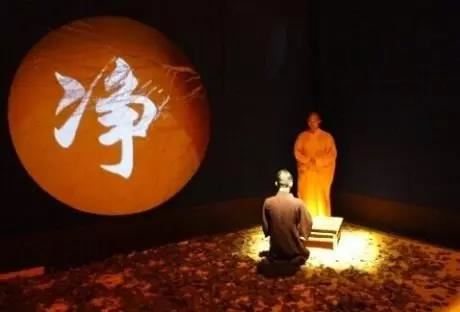

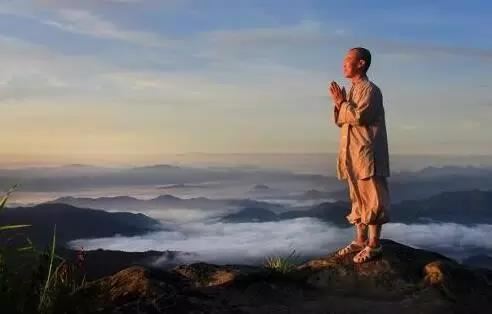
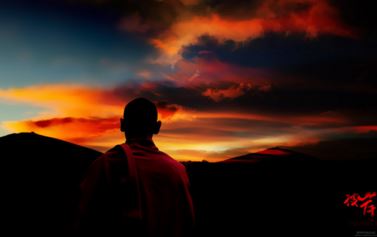
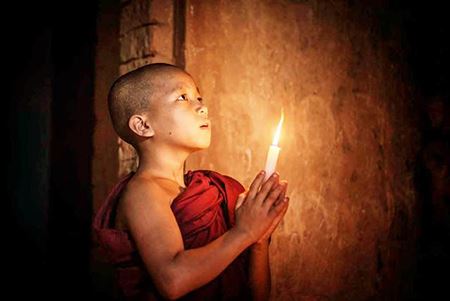
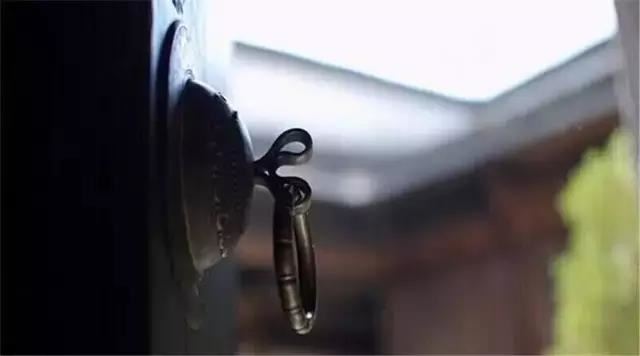
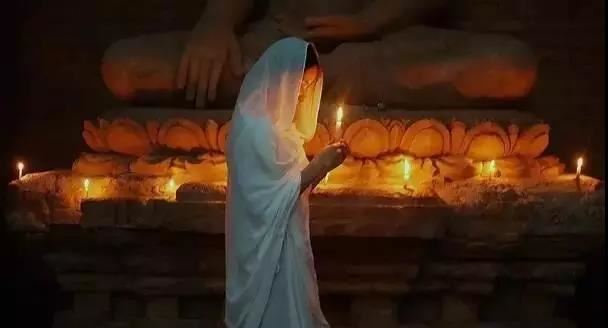
![[habit ]Ksitigarbha Sutra](https://img.sushijiameng.com/pic/images/img/1_20220501220048acb3d.jpeg)













